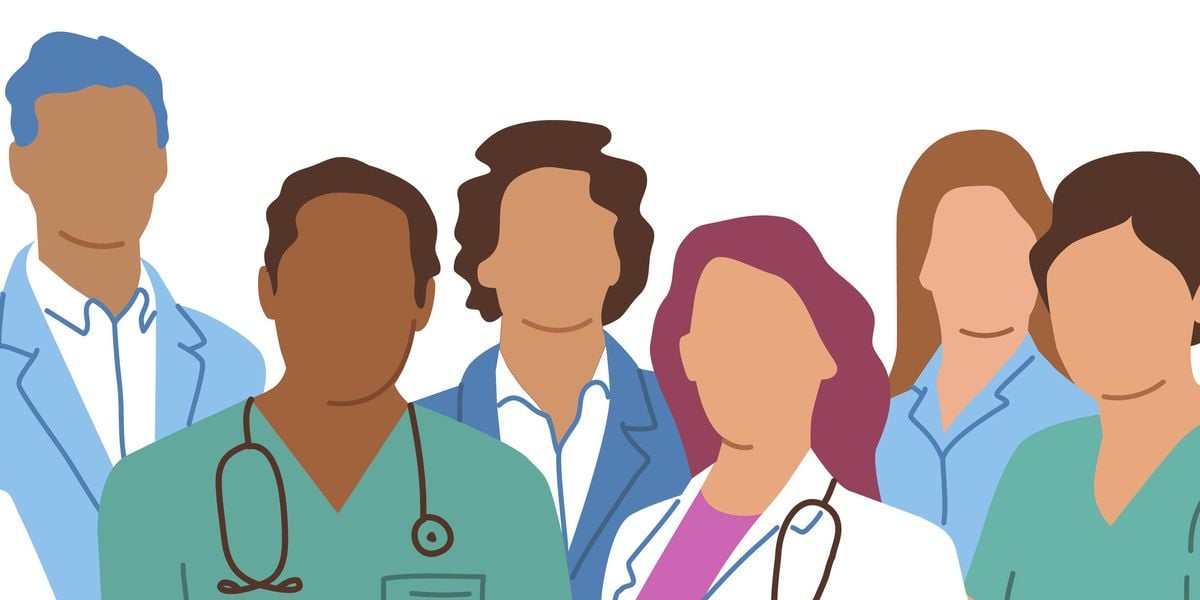Having diabetes can make us more susceptible to certain health issues and so people with diabetes qualify for free sight tests and, if your diabetes is treated with medication, no prescription charges.
To qualify for free prescriptions, you need to apply for a medical exemption certificate. Ask your doctor for an FP92A application form.
You’ll need to renew your certificate every five years, and if you claim free prescriptions but don’t have a valid certificate, you could be facing a penalty charge of up to £100.
If your diabetes is controlled by diet alone, you’re not eligible for a medical exemption certificate. If you’re on a low incomen, you may qualify for free prescriptions and help with other health costs through the NHS Low Income Scheme.
You can find out more at nhsbsa.nhs.uk/healthcosts Alternatively, anyone can buy a prescription prepayment certificate, which could save you money if you need to pay regular prescription charges. Visit www.nhsbsa.nhs.uk/ppc
Prescription costs
People with diabetes that are treated with medication qualify for free prescriptions. If you take medication for your diabetes, apply for a Medical Exemption (MedEx) Certificate which will make you exempt from paying prescription charges.
If you are not on diabetic medication , you may still be eligible for free prescriptions if you:
- Are under 16 years old
- Are 60 or over
- Are pregnant or have given birth within the last 12 months
- Hold a war pensioner exemption certificate
- Hold a valid prescription prepayment certificate
- Are named on a valid HC2 certificate
You may also be eligible for free prescriptions if you or your partner receive any of the following benefits :
- Income support
- Income-based jobseeker’s allowance
- Pension Credit Guarantee Credit
- Tax credits – if certain conditions are met
Read more about free prescriptions for people with diabetes
Free NHS sight tests
Diabetes is known to affect the eyes and so all people diagnosed with diabetes are eligible for free sight tests on the NHS.
You may need to bring proof that you are eligible for a free eye test. Proof you have diabetes can include a repeat prescription card or an out-patient appointment card.
Optical vouchers
Optical vouchers help towards costs for glasses and contact lenses. People with diabetes do not automatically qualify for optical vouchers but you may be eligible if you:
- Are under 16 years old
- Are 16, 17 or 18 and are in full time education
- Require complex lenses
- Are named on a valid HC2 certificate
Or if you are included amongst the following entitlements:
- Income support
- Income-based jobseeker’s allowance
- Income-related Employment and Support
- Allowance
- Pension Credit Guarantee Credit
- Tax credits – if certain conditions are met
NHS dental care
Whilst diabetes is recognised as increasing the risk of dental health issues , people with diabetes don’t automatically qualify for help towards dental treatment. However, there are other factors which could allow you to receive help towards dental treatment on the NHS, which include:
- If you are under 18
- If you are 18 and in full time education
- If you are pregnant or have had a baby within the last 12 months
- Are named on a valid HC2 certificate
- Are named on a valid HC3 certificate
You may also qualify for help towards dental costs if you are included amongst any of the following:
- Income support
- Income-based jobseeker’s allowance
- Pension Credit Guarantee Credit
- Tax credits – if certain conditions are met





